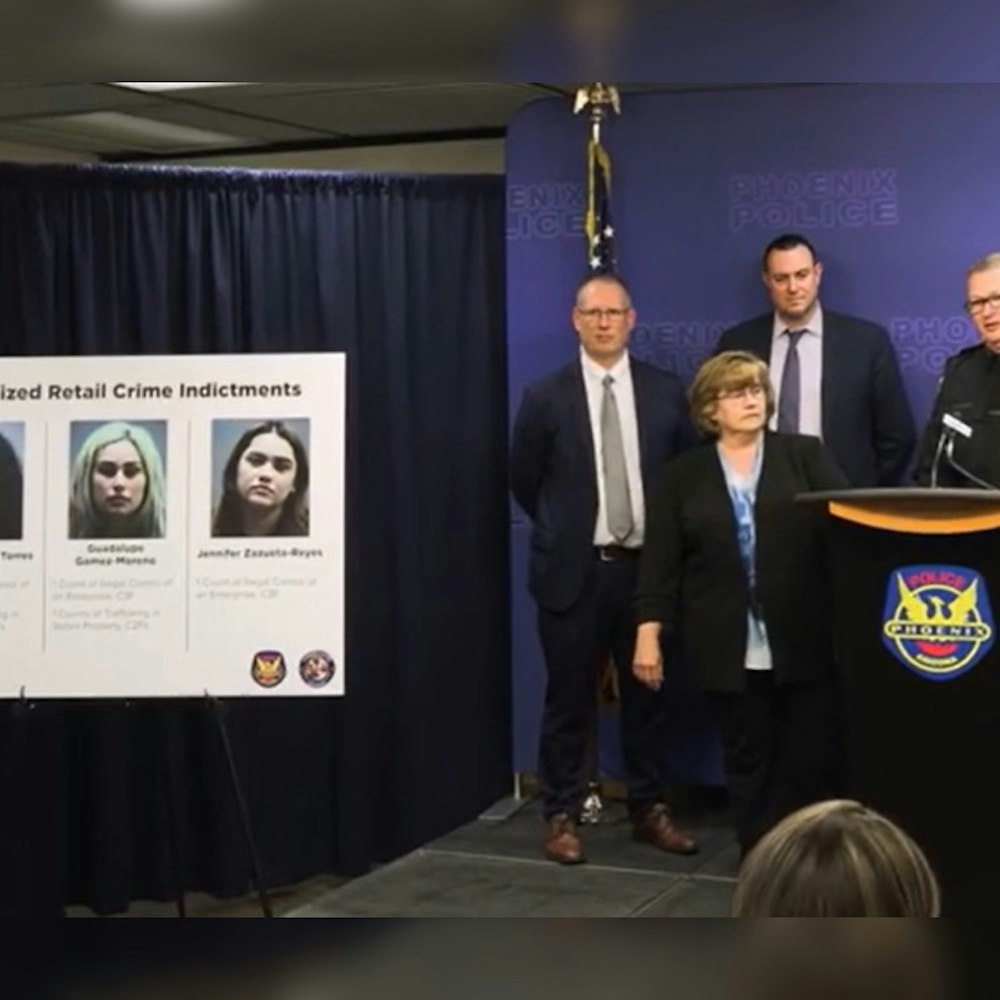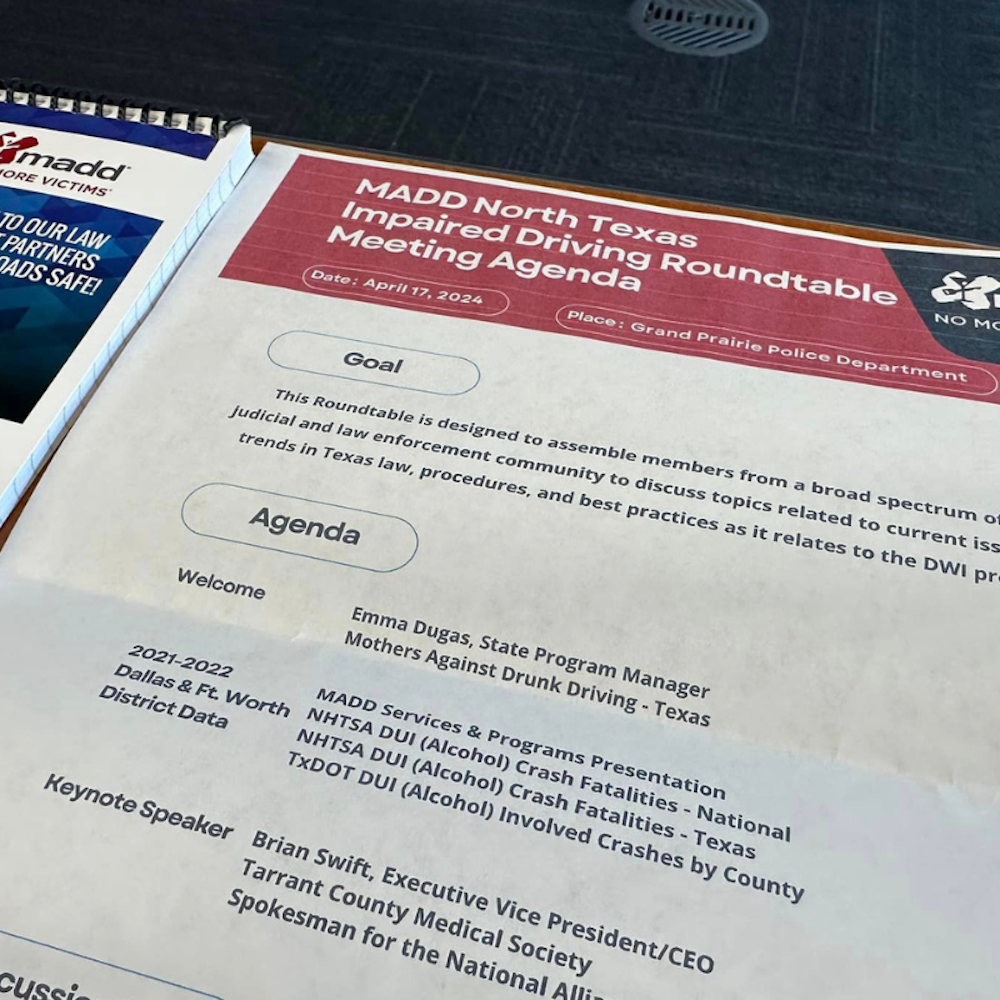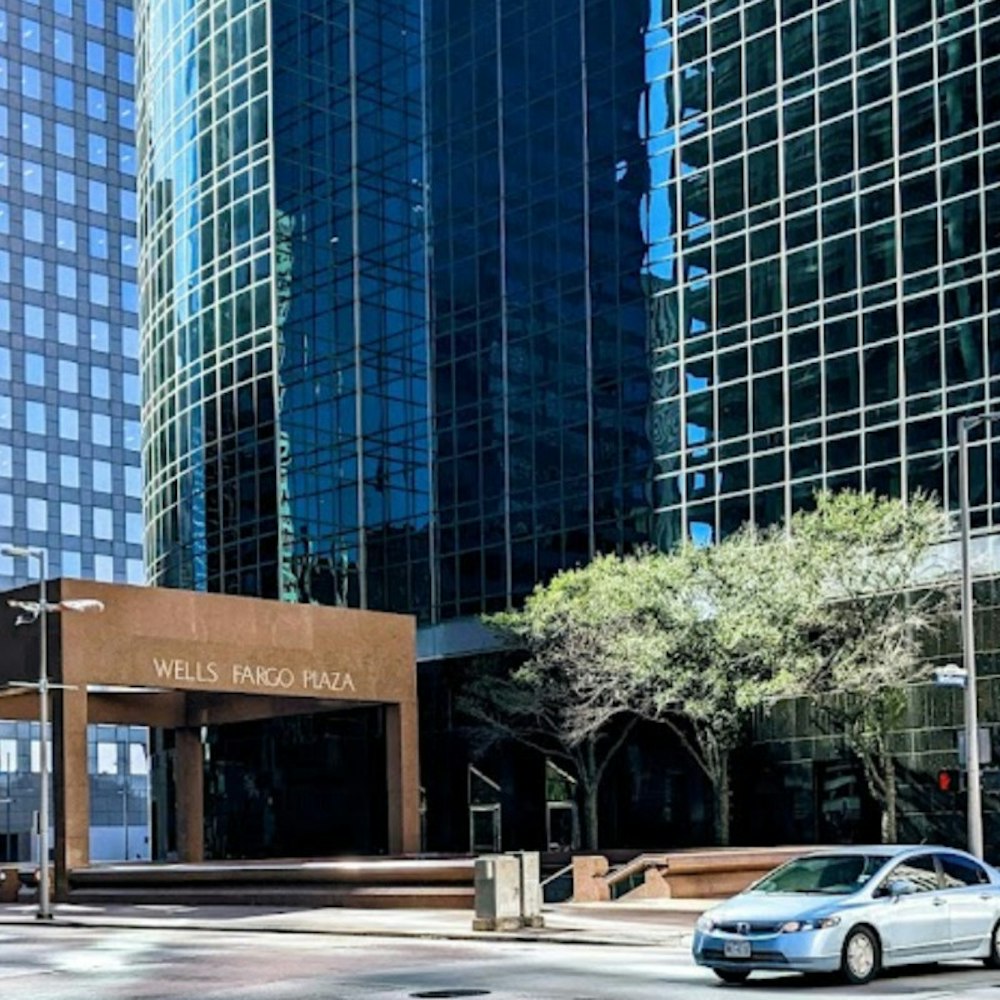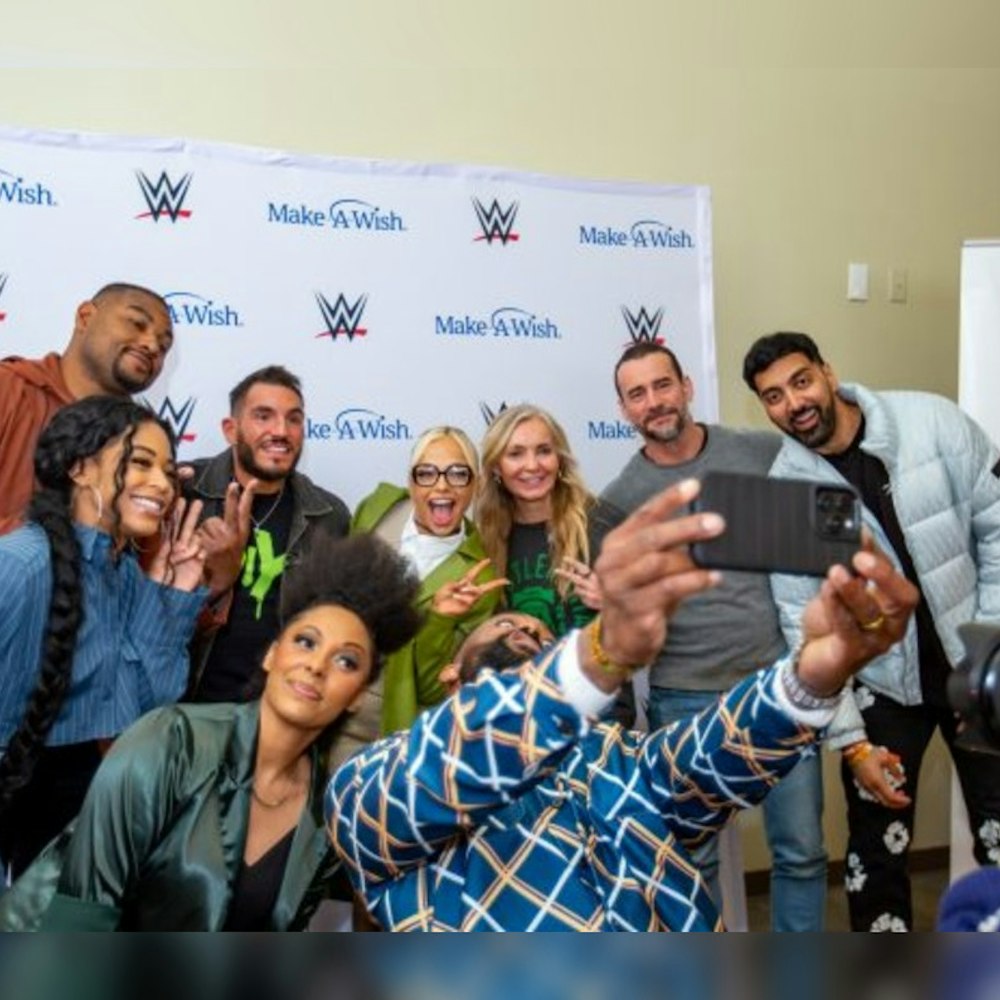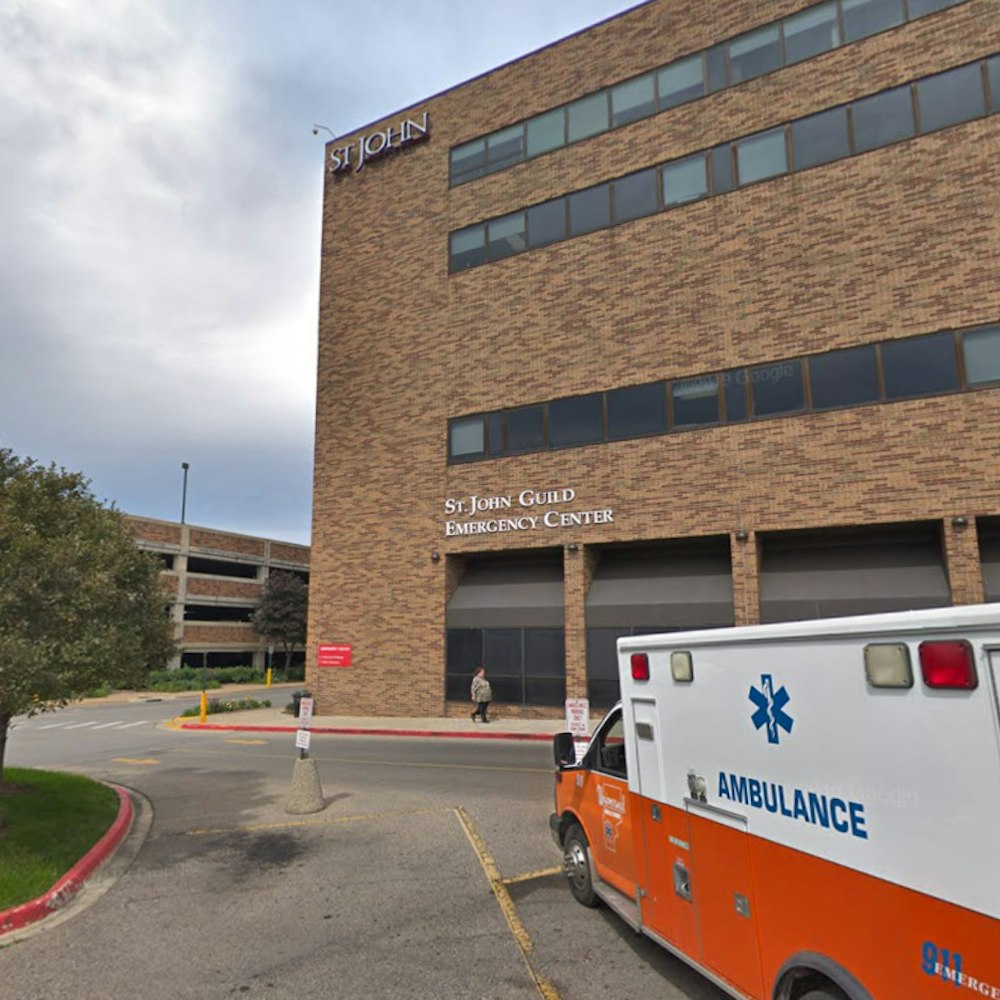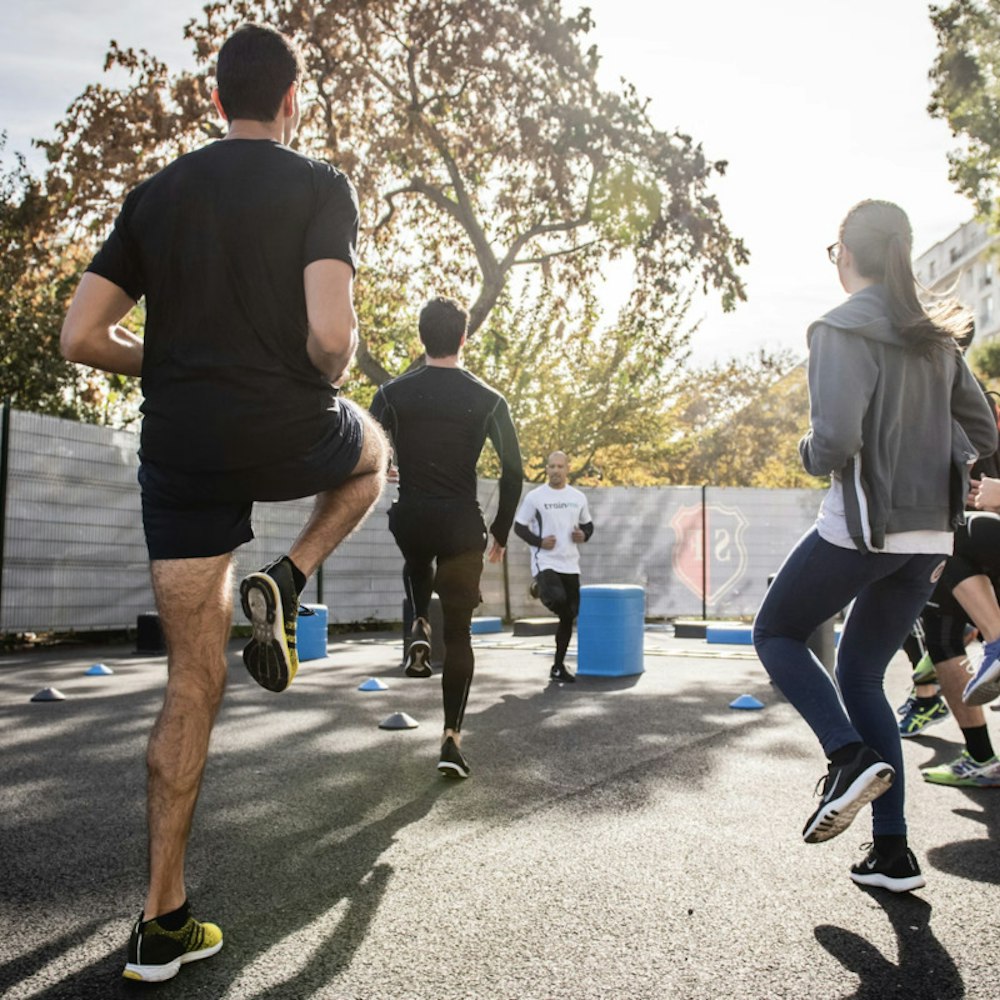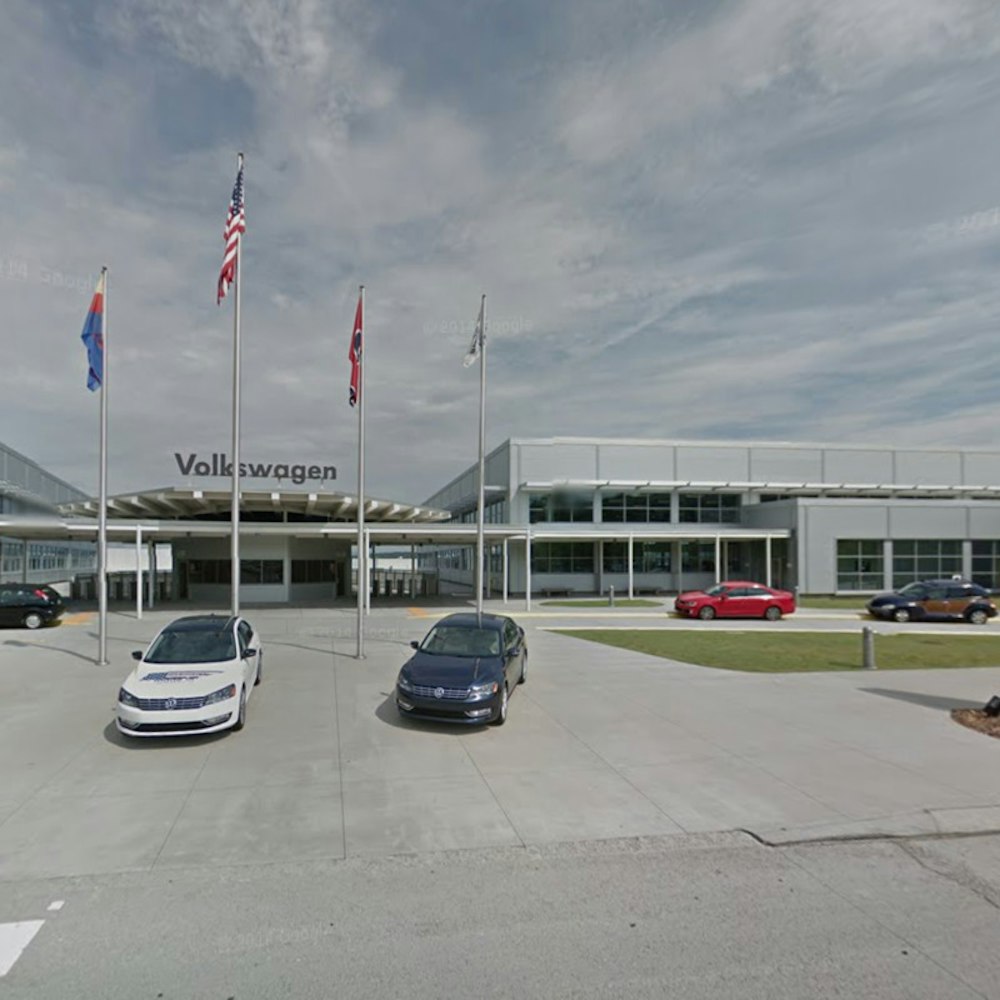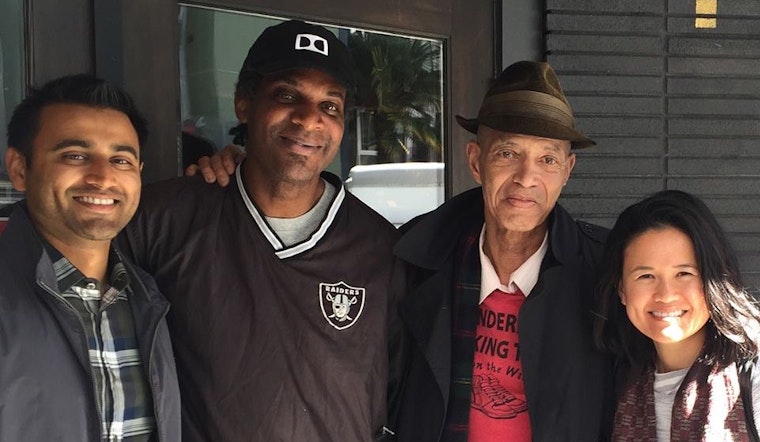
Code Tenderloin is growing up fast. In less than two years, the workforce development program has gone from one former pimp's mission to give back to the neighborhood to a burgeoning nonprofit placing Tenderloin residents in lucrative jobs left and right.
To keep the forward-momentum rolling, today the organization launched an Indiegogo campaign with the goal of raising $75,000 to $150,000.
Neil Shah, a full-time volunteer who serves as the organization's director of development and community engagement, says they're already off to a good start with a $20,000 donation from the Mid-Market Business Association.
Funds from this campaign will allow the 100 percent volunteer-run organization to hire its first staff members and scale up its original job-readiness program, Shah said. Students accepted into the program spend three hours a day, three days a week preparing to ace job interviews and thrive in the workplace once hired. To help even the playing field for its clients, Code Tenderloin provides students with clothing to wear on the job and financial support to cover housing and transportation costs, among other tools they may need to better compete for positions and remain employed.
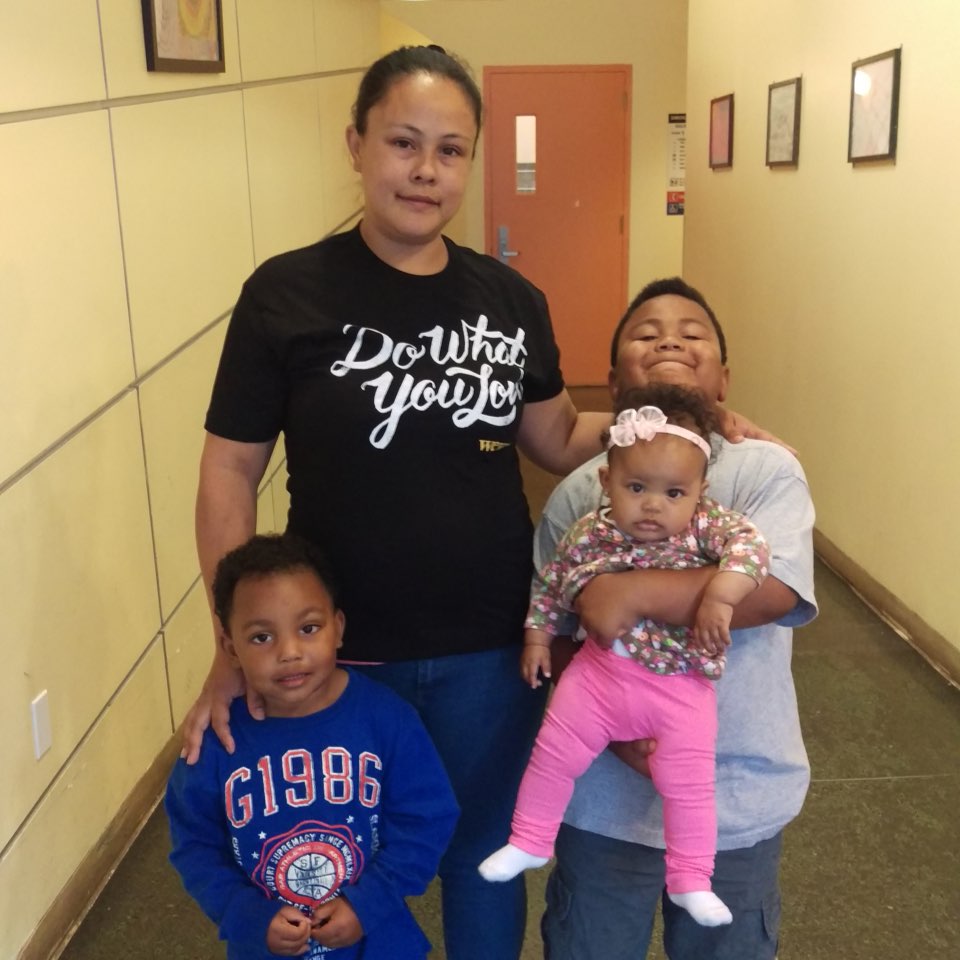 Code Tenderloin graduate Tiffani Flikki with her children at their temporary home at Compass Family Services emergency shelter. After three weeks with Code Tenderloin, Flikki was hired full-time as a community service associate at WeWork, which offers $15/hour, medical benefits and equity in the company.
Code Tenderloin graduate Tiffani Flikki with her children at their temporary home at Compass Family Services emergency shelter. After three weeks with Code Tenderloin, Flikki was hired full-time as a community service associate at WeWork, which offers $15/hour, medical benefits and equity in the company.
Until now, Code Tenderloin has been largely funded by donations to Del Seymour's Tenderloin Walking Tours, contributions from Mid-Market technology firms and larger non-profits based in the Tenderloin, as well as a crowdfunded loan through Kiva Zip.
Through the efforts of Seymour, Shah and the many volunteers they've brought in from the likes of Twitter, Dolby and Zendesk, 44 of Code Tenderloin's 48 program graduates are still employed, Shah said. "That's because we're constantly checking in with these people. I'll go through my phone book like every week, and I'll be like, 'I haven't talked to that person in a few days, what's going on with them..."
Word about the quality of the jobs Code Tenderloin graduates have been earning is spreading on the street, in homeless shelters and SROs or people on the street, Shah added. The organization received 35 applications for the next job-readiness class; with an individualized curriculum, the program only accommodates 12 students at a time. Earlier this month, the team had to post a notice on the door of its PianoFight headquarters to let potential recruits know that they're no longer accepting drop-ins. (Prospective students can still join the queue by applying online.)
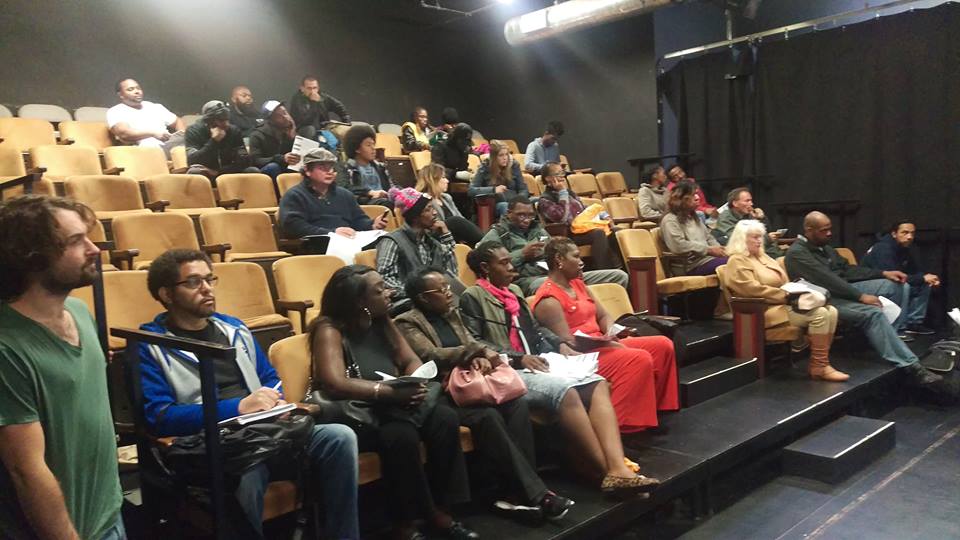 An information session at PianoFight for Code Tenderloin's Code Ramp program.
An information session at PianoFight for Code Tenderloin's Code Ramp program.
Fresh funding will also allow Code Tenderloin to continually update its curriculum and track success beyond simple employment numbers. "... After 60-90 days, it's not a success if that person gets placed [in a job]," Shah said. "It's a success 90 days later if they're in a much better situation than they were."
And while resources are tight, that hasn't stopped Code Tenderloin from launching new programs. The organization launched its first coding bootcamp, Code Ramp, last week for 14 students. With curriculum donated by local programming school Hack Reactor plus seven instructors and another seven teaching assistants from local tech companies, the five-week, 60-hour course provides participants with an introduction to front-end web development (HTML, CSS and Javascript) and digital entrepreneurship.
Overall, Shah says the goal of Code Ramp is to funnel students into the city-funded TechSF program to gain certifications and additional skills they can use to start freelancing or run their own e-commerce companies—an alternative for those who won't be considered at tech companies that require candidates to hold four-year degrees.
The first class is being held at WeWork four nights a week for 14 students, who were chosen from 50 applications. "These include people that are literally coming to our coding bootcamp after sleeping on the street," Shah said.
To celebrate the program's success to date and inspire the community to pitch in, Code Tenderloin is hosting a happy hour from 5:30-8pm this Friday, May 20th at The Hall (1028 Market St.). Donations will be accepted on the spot.
Donations can also be submitted through Code Tenderloin's Indiegogo page any time over the next month.
